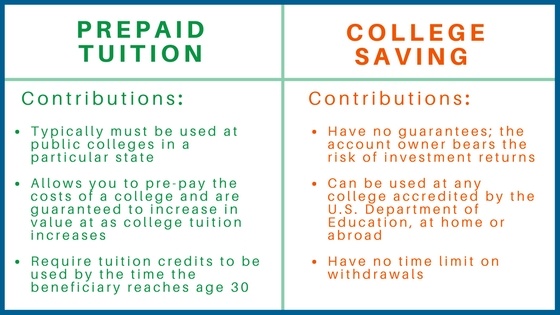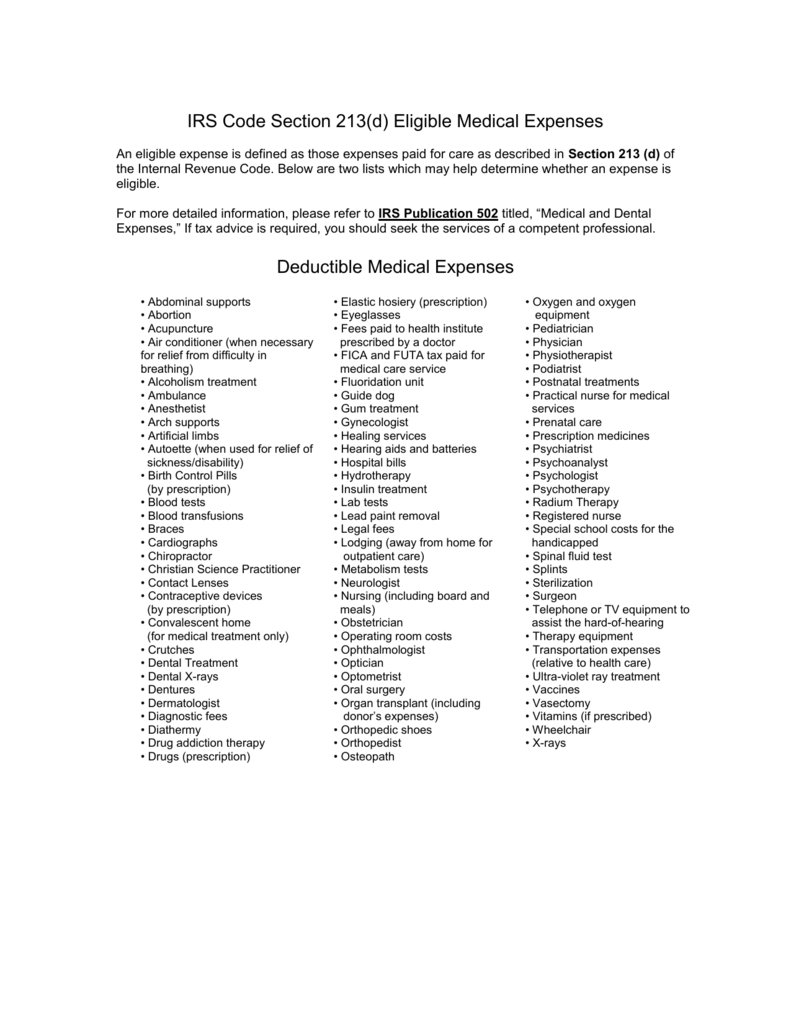

Compound interest - the interest earned on contributions, earnings, and interest already accumulated in the 529 account - is included in the tax-free earnings. 1, 2024.Īnd so you know, the second tax benefit of saving in Ohio’s 529 Plan is that all earnings grow tax-free, meaning that all the investment growth is yours to use for your children’s future educational expenses. Again, keep in mind change does not go into effect until Jan. We will provide more information once available. Fifth, the lifetime maximum 529 amount allowed for the Roth IRA rollover is $35,000.There are still many clarifications and operational issues that will need to be resolved relating to this recent change. Fourth, you can only roll over 529 funds up to the yearly Roth IRA contribution limit, which is $6,5. Third, your contributions-which are also known as the principal-must have been in your Ohio 529 account for at least five years before the Roth IRA rollover. Second, the Roth IRA must be for the same beneficiary of the 529. First, a 529 account must be open for the beneficiary for 15 years. There are some requirements in order to use this new qualified distribution. 1, 2024, and you will be able to take advantage of it with your Ohio 529 Plan. This new benefit will go into effect in Jan. Starting January 2024, the newest tax-free 529 distribution will allow any unused 529 funds (subject to the requirements listed below) to roll over to a Roth IRA for the same 529 beneficiary without incurring any penalty on the earnings.

Withdrawals for student loan repayment can only be made to the 529 account owner or the beneficiary of the 529 account. This $10,000 is a lifetime amount, not an annual limit. The loan repayment provisions apply to repayments up to $10,000 per individual. A tax-free 529 withdrawal can be used to pay principal and interest on certain qualified education loans for the beneficiary of your account or any of the beneficiary’s siblings.Consult your qualified tax advisor for specific information. If your child has more than one 529 plan, then the combined qualified distributions from all the 529 accounts for K-12 tuition is limited to $10,000 a year. Up to $10,000 per child, per year from a 529 account can be used to pay for your child’s K-12 tuition at a public, private, or religious elementary or secondary school.There are other qualified higher education expenses for which a 529 can cover, such as: Labor Department’s search tool to confirm that a program is registered, and therefore, eligible for a 529 withdrawal The apprenticeship program must be registered with the Secretary of Labor’s National Apprenticeships Act in order to use a 529 plan withdrawal. qualified apprenticeships costs such as fees, textbooks, supplies, and equipment like required trade tools.certain expenses for a special-needs student and.books, supplies and equipment related to enrollment and class schedule and.computer equipment and related technology as well as internet services.Room and board costs can also include rent for off-campus residency -including apartment, homes, and Greek fraternities and sororities houses - and groceries (non-taxable items only), provided these costs are equal or less than the same room and board allowances from the accredited education institution.

room and board during any academic period in which the 529 beneficiary is enrolled for at least half of the full-time academic workload according to the eligible education institution.Qualified higher education expenses include:

What makes a higher education expense qualified? If the cost is required for enrollment or attendance at a post-secondary educational institute, then it will mostly like be qualified. One is that 529 withdrawals are tax-free for qualified higher education expenses. Labor Department.īy saving in 529 education savings account, you receive three tax benefits. And there are all kinds of schools after high school at which you can use at 529 account, including four-year colleges and universities, two-year community colleges, trade or vocational schools, technical schools and certificate programs, as well as apprenticeships approved by the U.S. When you save with Ohio’s 529 Plan, CollegeAdvantage, you are investing for your children’s future education.


 0 kommentar(er)
0 kommentar(er)
